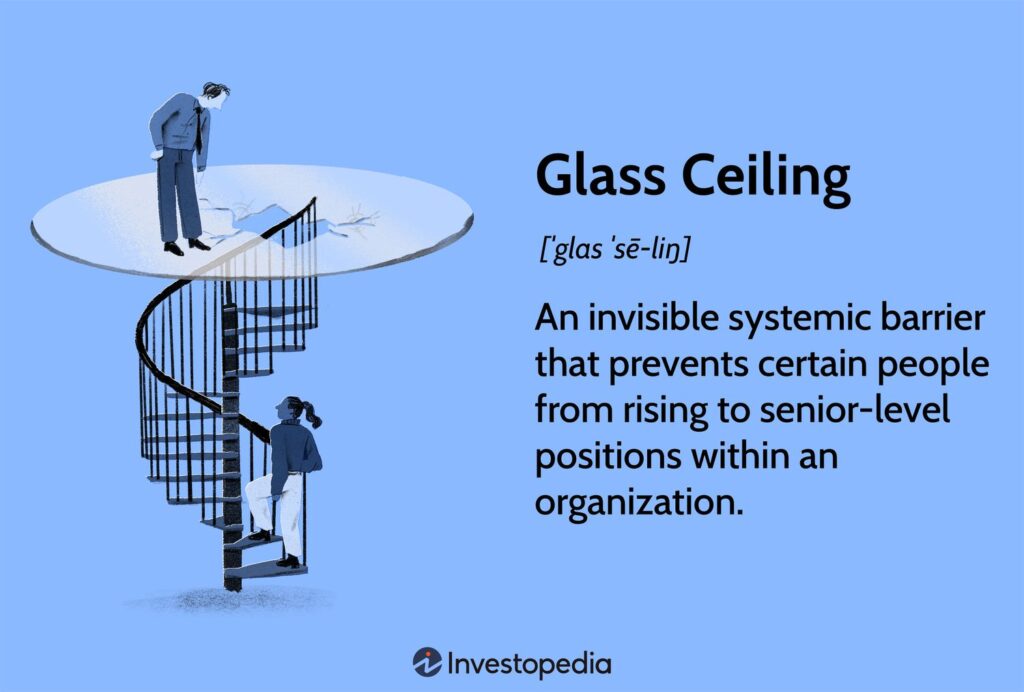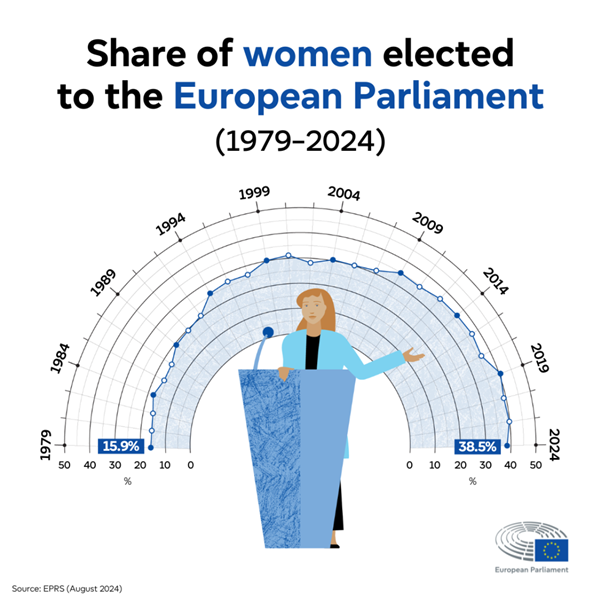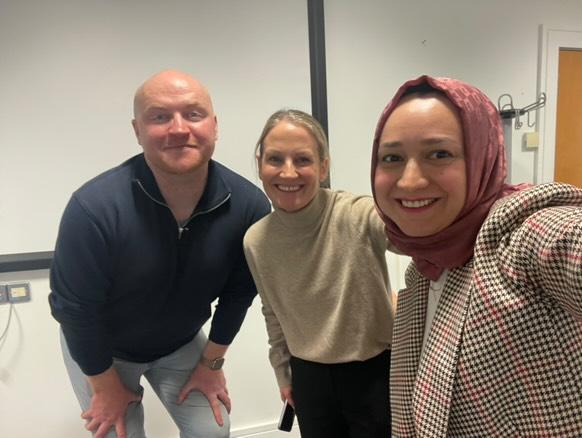The role of women in today’s society is multifaceted and demanding, and there is general acceptance that significant progress has been made in recent decades regarding the position of women in Greek society. The last few decades have brought major changes in society and the workplace. For example, women’s participation in the workforce and the increasing diversity of the workforce, in general, are now established facts. Simultaneously, over the last five years, there has been a steady increase in the participation of women in the workplace, particularly in leadership positions.
However, the dominant position of men in Greek society reflects the prejudices and inequalities that women face. Women feel that they still have a long way to go to achieve true equality. The social and economic status of women in the labor market, their preparation, and their professional experience have changed over time and are evolving for the better. However, it is often observed that women and men follow different career paths and have different opportunities for education and training.
Until recently, the presence of women in high-level managerial positions decreased as the hierarchical level in the organization increased, while that of men increased, sometimes resulting in an exclusively male presence. This unequal distribution of men and women in leadership positions is known as the “glass ceiling” phenomenon (Martínez-Fierro & Sancho, 2021).[1] This phenomenon, first introduced in 1986 in the Wall Street Journal, refers to the lack of promotion of women to higher levels of hierarchy, explaining the hidden barriers that hinder their advancement, even though they can see better managerial positions without being able to attain them.

Nevertheless, many women have tried to eliminate gender-based discrimination. However, it is increasingly accepted that women must realize that, despite efforts, many gender divisions and discriminations persist in both the private and public sectors. Achieving equality requires the collaboration and support of both professional women and men.
To resolve the “glass ceiling” issue, organizations and managers must take measures, starting with changing organizational mindsets and behaviours to achieve this goal. Particular attention is needed in the education of managers to break the “glass ceiling”. Women need skills, encouragement, confidence, and determination to adapt more quickly to the male-dominated environment.
Moreover, another factor that until recently hindered women’s progress in the workplace was interpersonal communication channels. Women now have more interaction with influential people in the workplace and are no longer cut off from the centers of power.
In Greece, the political scene remains predominantly male. Until recently, women’s presence in electoral combinations and political decision-making structures was limited. According to research (Meyers-Levy & Loken, 2015) [2] the inclusion of women in the public sector leads to better developmental outcomes. An increasing body of evidence shows that women’s presence in electoral offices increases the likelihood of representing women’s interests. This is important because women have different preferences than men regarding the allocation of public resources and legislative priorities (Meyers-Levy & Loken, 2015) .
Positively, today, a woman holds the office of President of the Hellenic Republic, and recently (end of July 2024), by decision of the Prime Minister of Greece, a reshuffle of the positions of General Secretaries of Ministries highlighted the presence of women in 40% of the General Secretariats. This indicates the country’s intention to reduce the imbalance in positions of responsibility between men and women, starting with political leadership. It is noteworthy that women were chosen for the General Secretariats of NSRF, Public Investment Program and National Development Program, Vocational Education, Training and Lifelong Learning, Private Investments, and Equality and Human Rights, aiming for a more effective state that offers more efficient G2B services.
In conclusion, understanding women’s contribution to the development of the private sector is essential. Women can play a crucial role in economic life as entrepreneurs, business owners, business managers, and employees. Female entrepreneurship is now considered very important in many countries, and in Greece, more and more steps are being taken in this direction. Change can start from the grassroots, specifically from small and medium-sized enterprises. A company can practically demonstrate its support for women’s empowerment by staffing positions of responsibility with women.
[1] Martínez-Fierro S, Lechuga Sancho MP. Descriptive Elements and Conceptual Structure of Glass Ceiling Research. Int J Environ Res Public Health. 2021 Jul 29;18(15):8011. doi: 10.3390/ijerph18158011
[2] Joan Meyers-Levy, Barbara Loken, Revisiting gender differences: What we know and what lies ahead, Journal of Consumer Psychology, Volume 25, Issue 1, 2015, Pages 129-149, ISSN 1057-7408, https://doi.org/10.1016/j.jcps.2014.06.003. (https://www.sciencedirect.com/science/article/pii/S1057740814000588)






